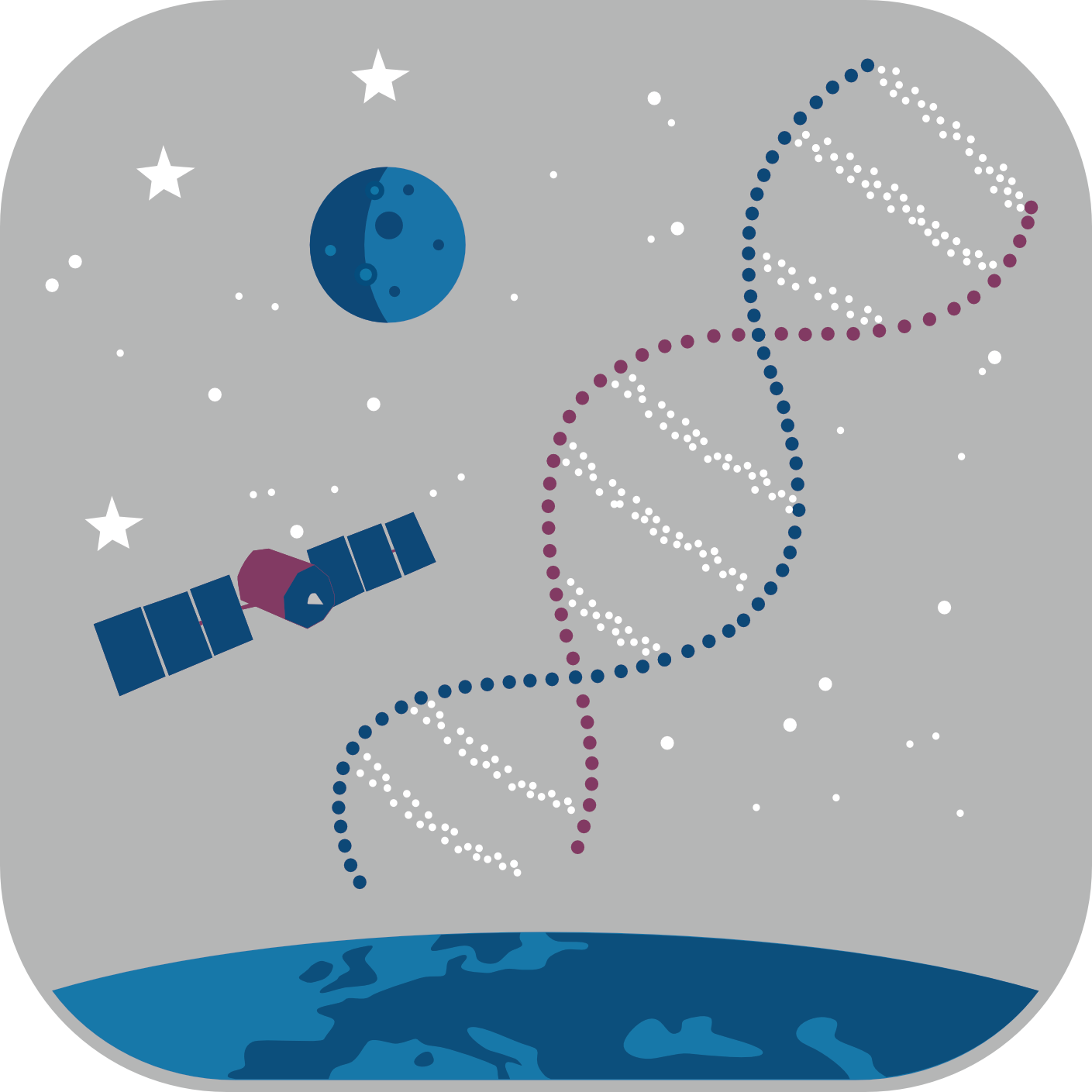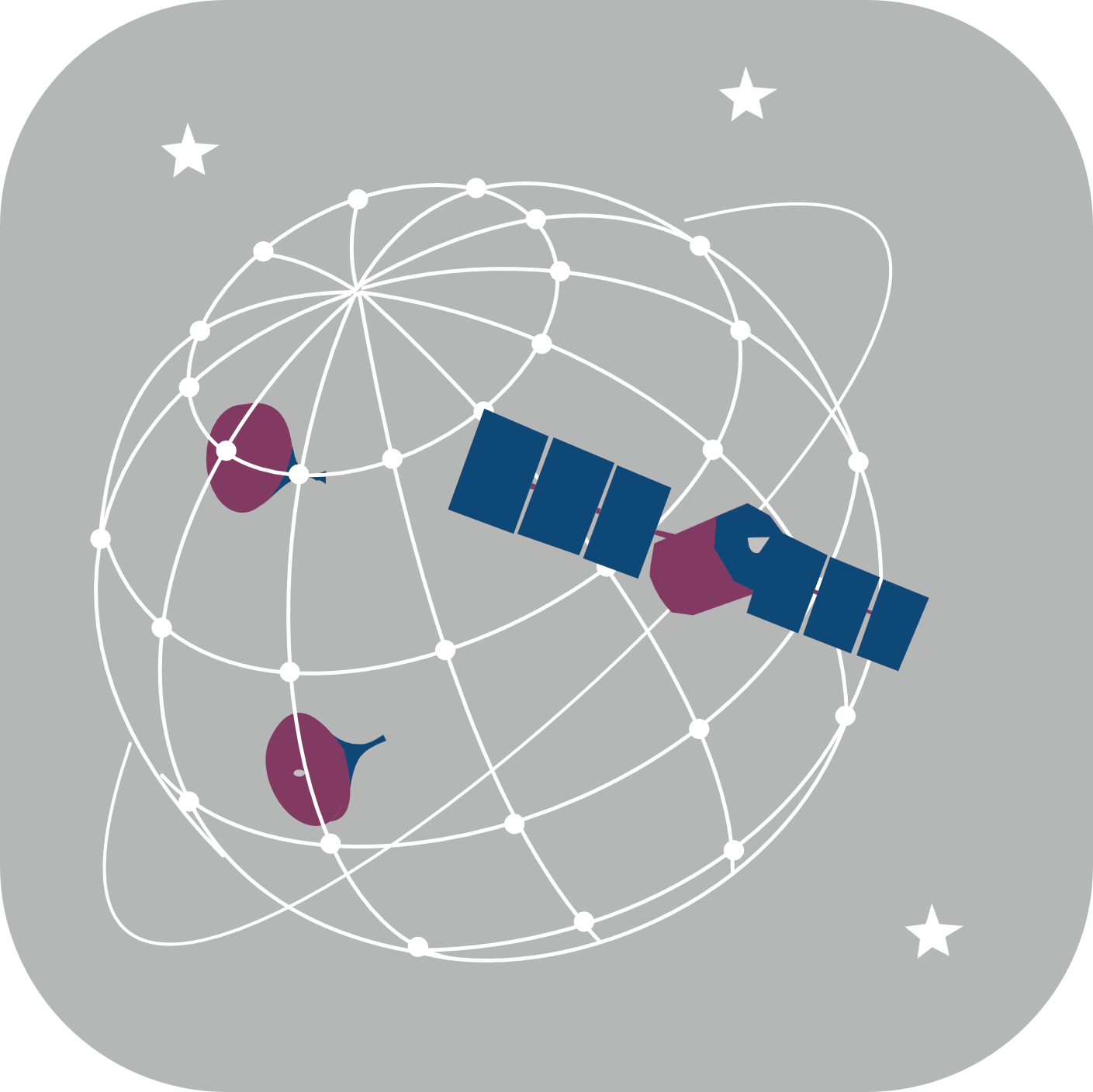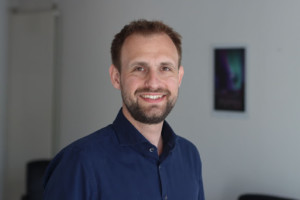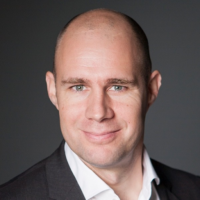Round tables
Four round tables will take place during this year’s SG[France], each benefiting from the insights of experts; allowing participants to think and debate on What is the role of business in the future of the space sector and how can we foster space-related entrepreneurship ?

Round Table 1 : Launch your business
How to improve the space start-up support ecosystem from lighting an idea to bringing first profit stage ?
Wanna launch your own start-up in the space sector ? Are you curious to learn more about the start-up ecosystem in the space sector ? Does the word hackathon or innovation challenge talk to you ? Are you confused between incubators and accelerators ?
This round table is about to introduce you to the specific start-up ecosystem in space: from lighting an idea to the first profit. You will discover the specific needs of each stage of development and how private or public institutions can help you to challenge your idea.
Let’s start!
Experts :

Round Table 2 : Space systems development
How to introduce technologies developed out of the scope of major space actors quickly and successfully without lowering the quality required by the space industry ?
With NewSpace comes the promise of rapid development of new technologies by agile players, able to free themselves from the constraints and bureaucracy of large companies. However, NewSpace or not, space remains hard and does not forgive approximations. Achieving the level of quality and processes imposed by space agencies remains essential to gain the trust of customers or even to flight on board scientific missions. In this situation, how to ensure access to the space market for products developed by SMEs and start-ups without lowering space requirements?
Come to the round table #2 of SG[France] 2022 to discuss these subjects!
Experts :

Round Table 3 : Space data and its uses across the lifecyle of space missions
Within a space mission, data is everywhere – from its early concepts, to assembly & integration of its hardware, to operations of the final system. Besides images or data services (for the customers) space missions also generate huge (and untapped) amounts of design, engineering and operational data.
Driven by the emergence of NewSpace and its new requirements (higher agility, lower costs…), space organisations – both old and new – mobilize today large efforts to streamline their engineering operations. Throughout the whole mission lifecycle, they search to leverage new digital technologies to collect, centralise, and make use of the data they produce.
This round table will explore the usages of space data to boost the productivity of space missions. We will try to answer questions such as: Where is data generated across the different phases of space missions? Which usages of such data can enable more agility and lower costs? What new technologies or engineering concepts can help to better collect, centralise and make sense of such data? Can we find inspiration from other, successful industries?
Join the Round Table #3 of SG[France] 2022 to think about the future of space engineering and build the bridge between space and digital !
Experts :

Round Table 4 : New usage of space
How (far) future product ideas and business models can grow in an uncertain environment? How can you shoot your space project in an uncertain environment?
As the newspace opened a new era of space activity, more exciting projects are coming to life. Orbiting servicing, In-situ resource utilization and orbital manufacturing are the new buzz words for space industry who wants to develop future activities. The ideas are here, but their fulfillments are hard to achieve. This round table will deal with these subjects and will allow you to understand the opportunities and threats about these activities.In such a long term application, the question arises about the financing and organization to adopt for such projects. What is the place given to Proof of Concept? How to manage them? How to take into account a growing legislation? What role are research labs playing in the development of these activities?
Come to the round table #4 of SG[France] 2022 to discuss these subjects!






